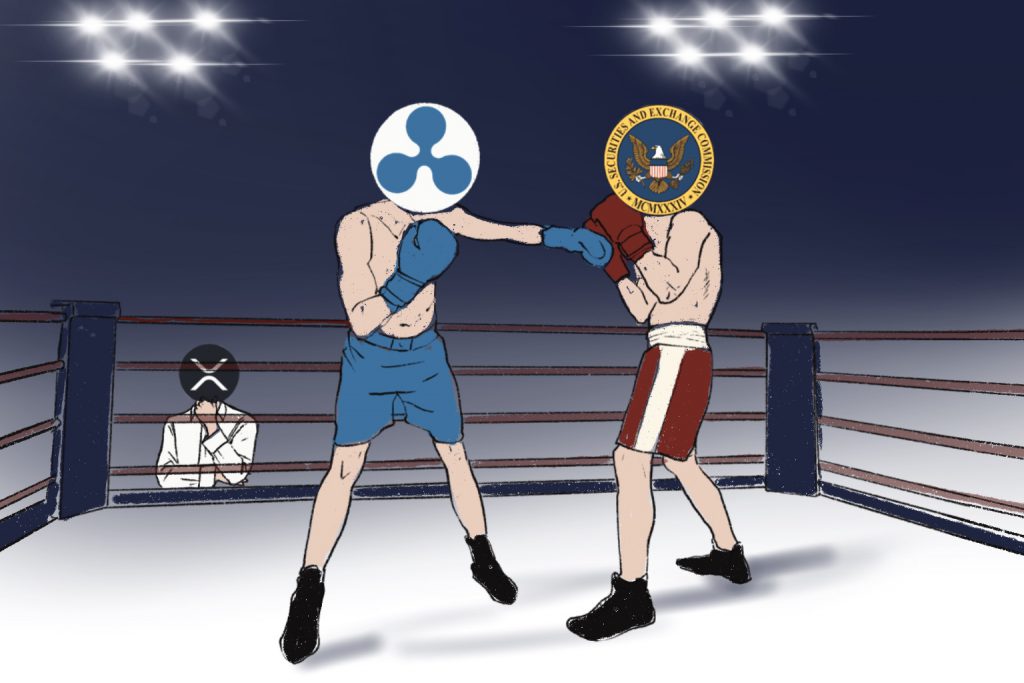Ripple Vs SEC: The intense legal battle between the U.S. Securities and Exchange Commission and Ripple continues to make headlines. As the case proceeds, the revelation of hidden pieces of evidence has made this case even more interesting. Recently, the mystery hidden behind the two sealed memos was disclosed publicly, and now Ripple’s top lawyer has slammed SEC for ‘offensive’ use of these documents.
Unsealed Memos: What they tell Us?
Stuart Alderoty, general counsel of Ripple, advocates that the 2012 memos from Perkins Coie to Ripple are proof of the company’s good faith as it was an attempt to launch the digital coin without clear guidelines set by the government.
Ripple’s general counsel leading Ripple lawsuit believes that the commission should have considered the Perkins Coie memos and held the company up as a specimen of the strategic approach to comply with digital assets regulation.
“The fact that you would have a government agency trying to take these memos and use them like a sword, or as a bludgeon, rather than applauding a company that was doing the right thing, as general counsel of the company, but also just a lawyer who’s been practicing for 35 years, I find that incredibly offensive,” General counsel of Ripple, Stuart Alderoty said to Reuters
advertisement
However, SEC has used memos as proof that Ripple was aware of the risk involved in the sale of the XRP tokens. As the agency sued Ripple and its two executives in December 2020 for selling more than $1.3 billion in unregistered XRP.
Is XRP a security or not?
Termed as the key piece of evidence in the lawsuit, these legal memos were received by Ripple Labs Inc from Perkins Coie LLP a decade ago. The two notices from various dates incorporate the advice received by the technology company over the nature of the XRP coin.
The first memo received in February 2012 from Perkins Coie LLP advised Ripple not to sell the XRP token as various conditions may subject them to being regulated as ‘securities or commodities’ by the commission. On the other hand, the second memo received in October 2012, proposed that the token may not be considered as a security under federal law.
It depends on an individual how they perceive these memos. As an audience of the case, it probably depends on whom you are backing.


